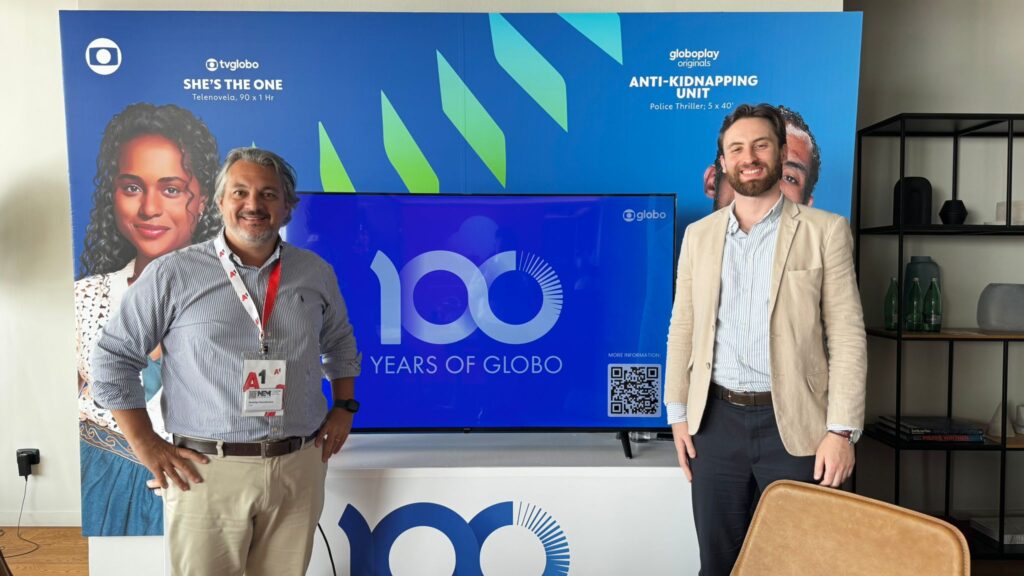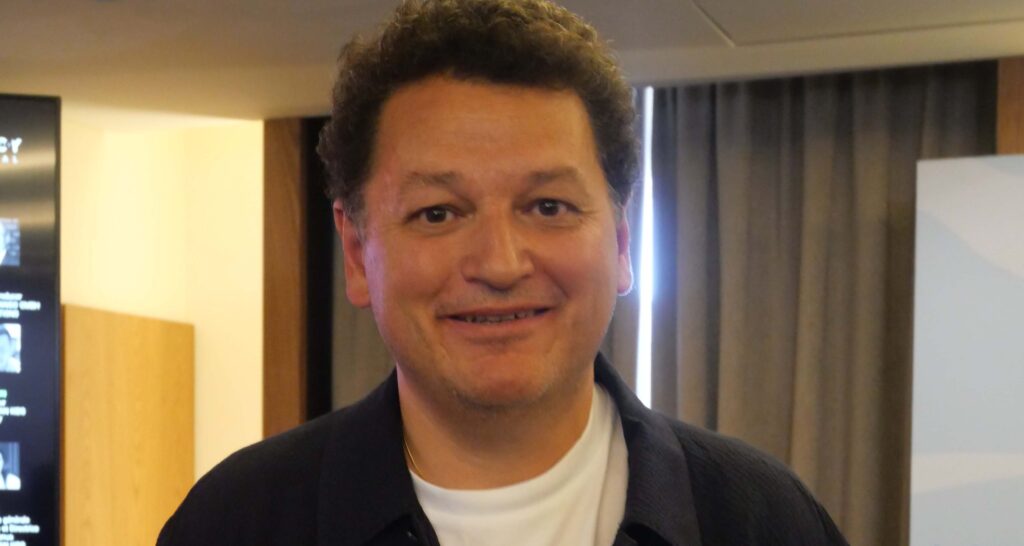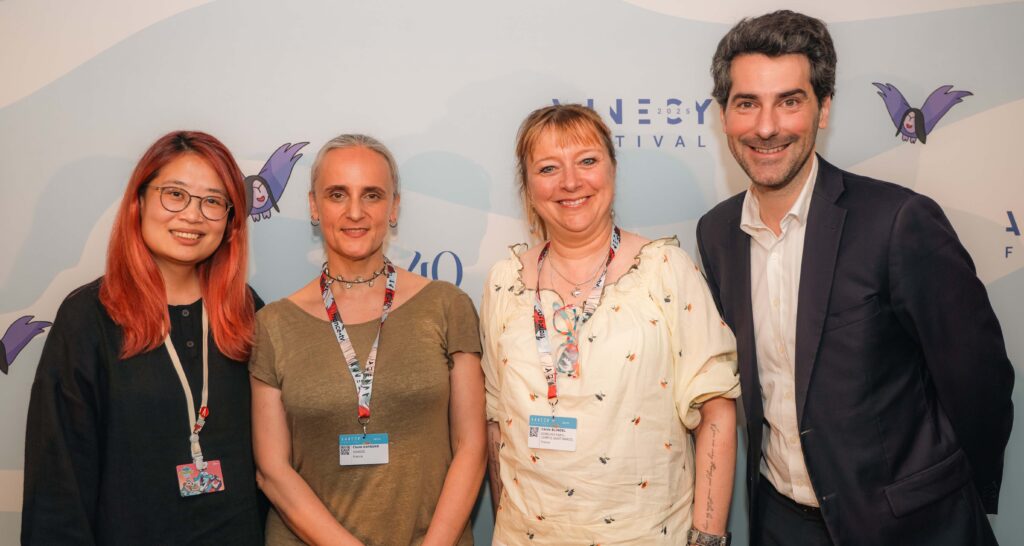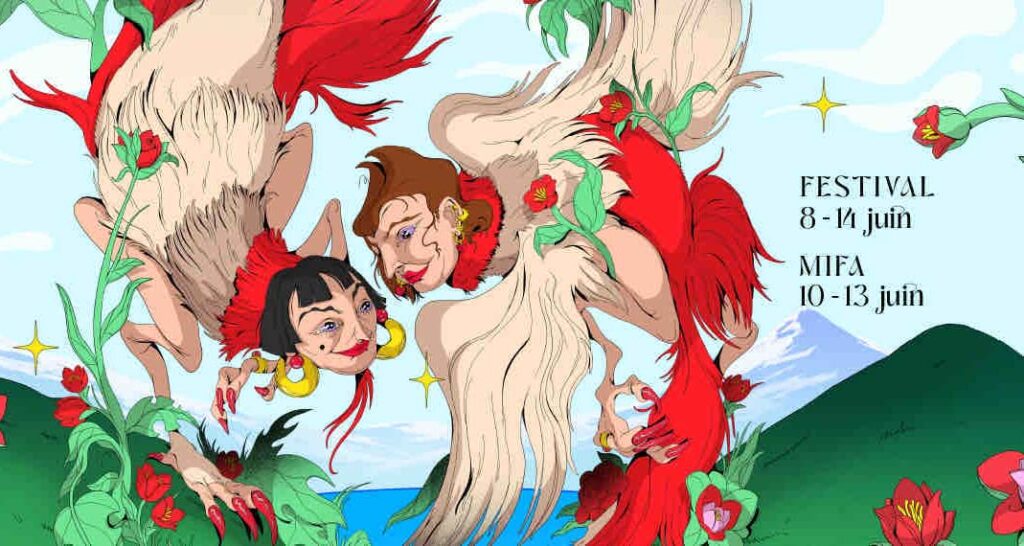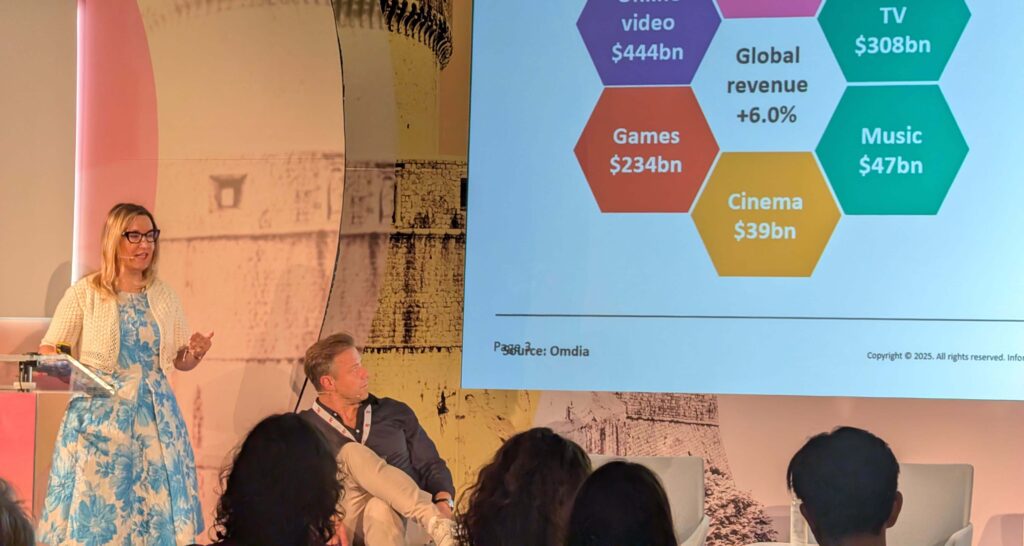A panel discussion at Annecy, featuring industry figures such as Cheeky Little Media’s Patrick Egerton, Ludo Studio’s Chloe Hume, Princess Bento Studio’s Laura DiMaio, Studio Showoff’s Sean Zwan, and Dave Enterprises’ Michael Pattison, explored the factors contributing to the Australian animation industry’s international success. The session was moderated by Flying Bark Productions’ Barbara Stephen.
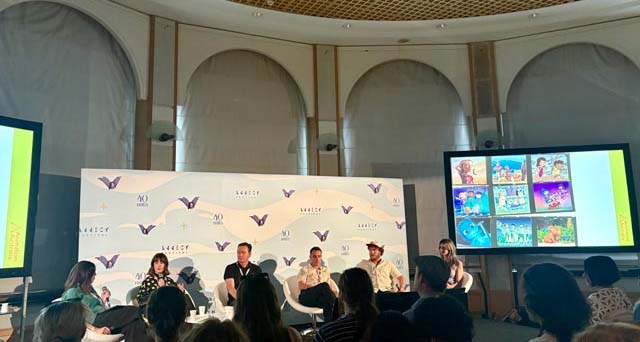
The discussion centered on how Australian animated hits, including Bluey, are facilitated by a combination of governmental support, an industry culture that favors collaboration, and a commitment to nurturing new talent.
Hume, head of development at Ludo Studio, producer of Bluey, explained that the series’ development began with short-form content. This initial work garnered awards, which, according to Hume, ‘enabled us to get enterprise funding from the government. That allowed us to get scaffolding for the business, and [allowed] the production company to take on board an idea like Bluey’. She noted that this governmental support, from both state and federal levels, provides the necessary time for development and ‘to really champion an idea’. The support from Screen Queensland and Screen Australia, alongside backing from ABC and BBC, contributed to Bluey‘s global reach. Hume also cited the authenticity of the series, stating that creator Joe Brumm and the Ludo Studio team aimed to ‘make something that felt authentic for them’.
Stephen, CEO of Flying Bark, added that this authenticity is ‘very reflective of our culture’. She observed that productions like Bluey have opened doors for projects to resonate globally while maintaining their authentic Australian identity without requiring modification for specific audiences. Stephen also highlighted the importance of supporting short content, noting that Screen Australia recently resumed backing short films after a pause. She emphasized that ‘Short films are what launch creators and directors’, and that funding agencies backing this process can lead to significant success.
The Australian industry’s support for emerging talent was also a key point. Pattison, head of production at Dave Enterprises, acknowledged the inherent difficulties in animation, where ‘You can’t just come straight out of school, straight into a job’. DiMaio, head of production at Princess Bento Studio, commended VicScreen’s GameChanger Academy. This program provides new graduates with a 12-week intensive learning experience across different studio departments, helping them adapt to industry schedules and budgets, which can be challenging for those new to production pipelines. Stephen further acknowledged the active involvement of state governments, which are ‘really enthusiastic and aware of the value of animation and visual effects in the local industry’.
Australia’s tax incentives also play a role. Stephen noted that Ausfilm collaborates with screen businesses and government agencies to offer various tax incentives for both Australian and international producers. The federal post-digital effects offset offers 30 percent for most expenditure in Australia. If a show demonstrates sufficient «Australianness» it may qualify for the producer offset, also at 30 percent, or 40 percent for features. State-level incentives range from 10 percent to 20 percent, potentially bringing the overall offset to the 40 to 50 percent range, indicating the agencies’ view on investment in this sector. Egerton, co-founder and chief content officer of Cheeky Little Media, noted that producers can often secure substantial financing from Australia, providing a «foundational support» that is particularly important in the kids’ content sector.
The industry’s success is also attributed to a collaborative culture among creatives. Sean Zwan, founder, producer, and director at Studio Showoff, contrasted the supportive Australian environment with the more competitive pitching circuits elsewhere. He described a strong sense of mutual support among Australian artists, citing initiatives like Loopdeloop, a non-profit animation event where artists share and celebrate each other’s work. «Everybody supports everybody,» Zwan stated.

